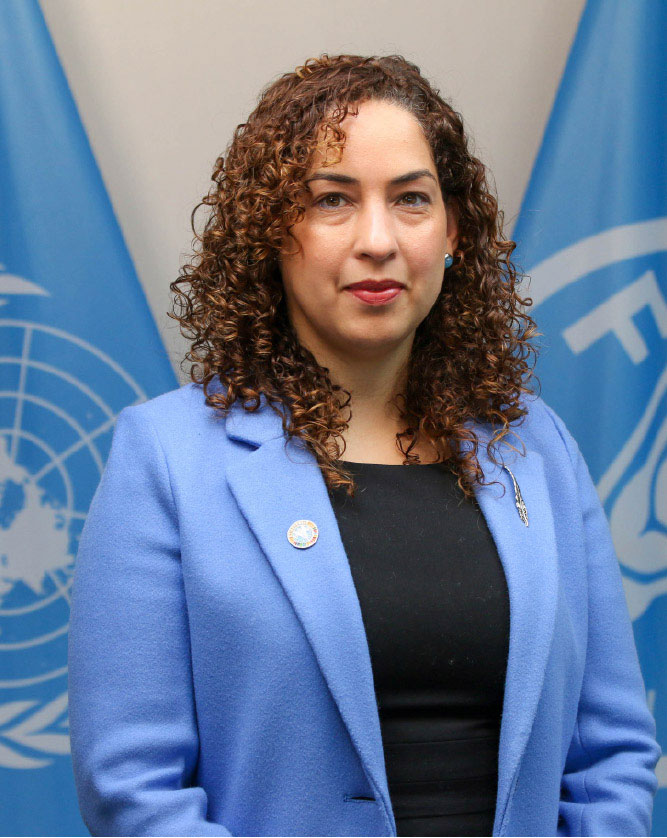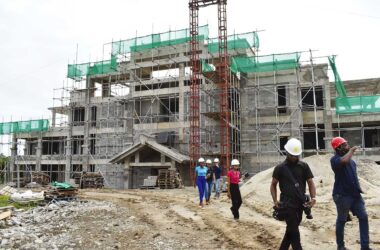
ON the occasion of the International Day of Rural Women, it is imperative to recognize and value women’s leading role in agri-food systems. From farming to distribution and consumption, women are at the heart of the food supply chain, and their contribution is invaluable. However, despite their importance, they face daily challenges and inequalities that must be urgently addressed to end hunger and achieve sustainable development.
In its recent report on the situation of women in agri-food systems, FAO found that women’s work in these systems tends to be irregular, informal, and, in many cases, precarious. Despite being the backbone of these systems, women’s working conditions are unequal, and face significant wage gaps compared to men. These inequalities are perpetuated by discrimination rooted in the sexual division of labor, cultural norms, and stereotypes that limit their opportunities.
In Latin America and the Caribbean, the situation is worsening. The gender gap in food insecurity has widened considerably to 11.3 percentage points, disproportionately affecting women. In addition, women in our region face an excessive burden of unpaid work, which further limits their opportunities for education and decent employment, with indigenous and Afro-descendant women most affected, experiencing not only gender disparities but also ethnic and racial gaps.
Despite the discouraging figures, the report emphasizes that by closing these gender gaps and empowering women, we can create a sure and effective path to reducing hunger, boosting economies, and strengthening resilience.
There is an urgent need to ensure women have equitable access to land, water, training, technical assistance, services, markets, and technology.
In addition to implementing legal reforms and empowerment policies in countries, it is crucial to adopt innovative approaches that accurately capture rural women’s realities, needs, and aspirations in Latin America and the Caribbean. With this understanding, acting more effectively on their behalf and seeking to transform the current landscape will be possible.
In this context, transformative gender approaches make it possible to go beyond traditional interventions and address the roots of gender inequalities. At the same time, adopting an intersectional perspective that includes dimensions such as age and ethnicity, among others, is essential to understand and address the multidimensionality of inequalities faced by rural women and to achieve a more significant impact on public policies aimed at eradicating hunger and poverty in the region.
Recently, FAO, UN-Women, and UNFPA launched a plan to reduce disparities in access to productive resources and strengthen coverage of social protection services, care, and gender-based violence prevention. This initiative is a coordinated and collaborative effort that will maximize the results and reach of interventions aimed at empowering rural women in the countries of the region.
International Rural Women’s Day is the best time for us to recognize their invaluable contribution and to work with and for them to build a better life. It is clear that the transformation of agri-food systems, accompanied by the empowerment of rural women, is the key to a more prosperous future that leaves no one behind.













